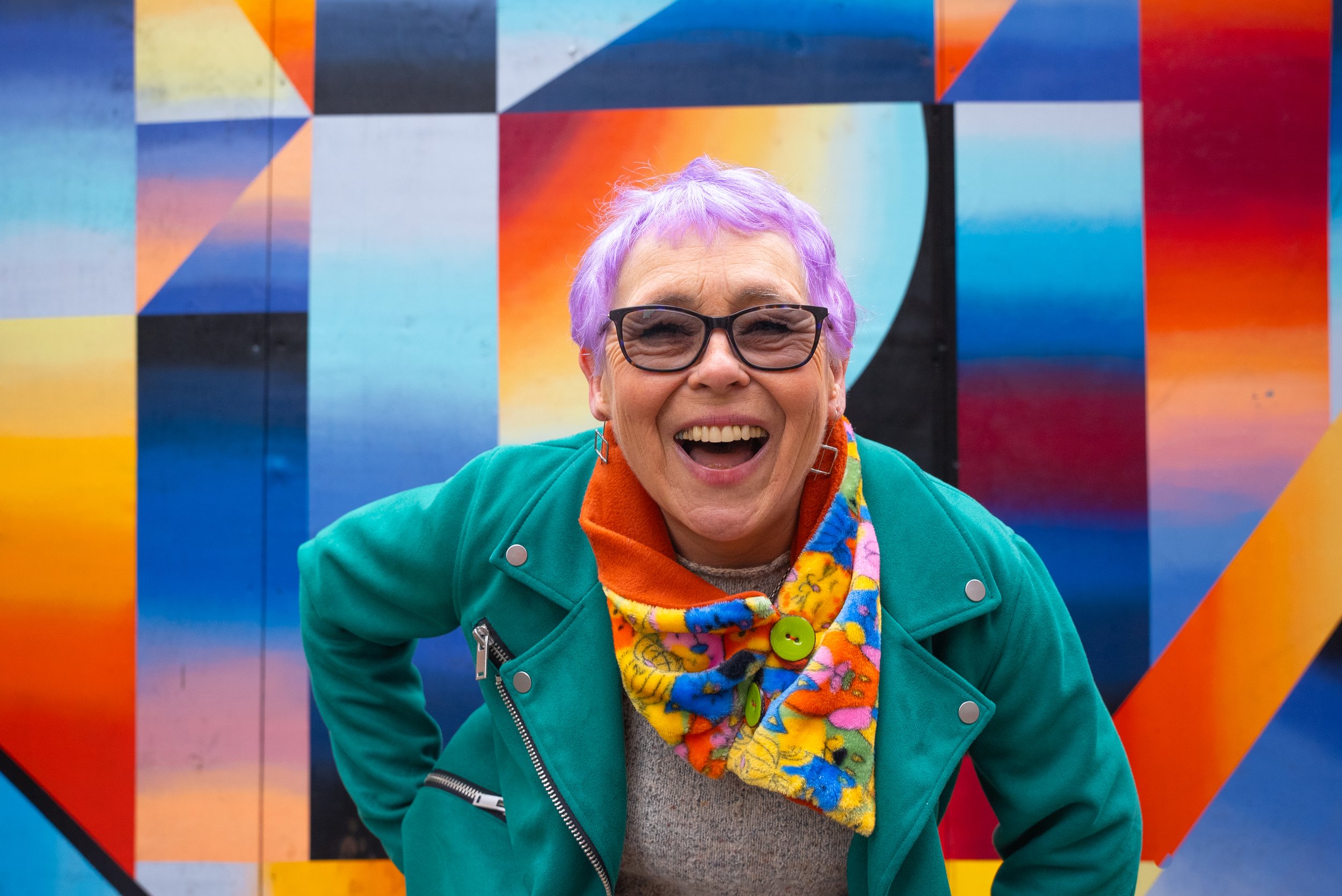Addressing the Unmet Needs of Older LGBTQ+ Individuals and Those Living with Dementia
Older LGBTQ+ individuals face unique challenges as they navigate ageing, particularly when living with dementia. Despite significant progress in LGBTQ+ rights, this community often encounters barriers to accessing culturally competent care that respects and affirms their identities. These unmet needs are further complicated by conditions like dementia and HIV-Associated Neurocognitive Disorder (HAND), highlighting the urgent necessity for tailored support and training for health and social care professionals.
For many older LGBTQ+ individuals, ageing is accompanied by experiences of historical discrimination and social isolation. A lifetime of marginalisation can result in mistrust of healthcare systems, which often fail to provide inclusive services. For those living with dementia, this mistrust can exacerbate feelings of vulnerability, as they may struggle to articulate their needs or feel pressured to hide their identity in care settings. Institutional environments may lack understanding of LGBTQ+ issues, perpetuating heteronormativity and leaving older LGBTQ+ individuals feeling invisible or misunderstood.
The challenges are further compounded for those with HAND, a neurocognitive disorder linked to long-term HIV. While advances in antiretroviral therapies have improved life expectancy for people living with HIV, HAND remains a concern, particularly for ageing LGBTQ+ individuals. Symptoms such as memory loss, confusion, and difficulty concentrating often overlap with dementia, necessitating specialised understanding and care approaches. Unfortunately, many health and social care providers remain unaware of the unique intersection of HIV and ageing, leaving individuals with HAND underserved.
Recognising these gaps, the Dementia Services Development Centre (DSDC) at the University of Stirling, is developing a pioneering training course focused on LGBTQ+ ageing and dementia for health and social care professionals. This program aims to equip professionals with the knowledge and skills to provide inclusive, affirming care for LGBTQ+ individuals. Key topics include understanding the impact of historical discrimination, addressing unconscious bias, and creating care environments that celebrate diversity and respect individual identities.
Through this training, the DSDC seeks to bridge the gap between healthcare providers and LGBTQ+ communities, promoting cultural competence and empathy in dementia care. By addressing both dementia and conditions like HAND, the course provides a comprehensive framework for meeting the needs of older LGBTQ+ individuals.
This initiative marks a critical step toward ensuring that ageing LGBTQ+ individuals and those living with dementia receive the compassionate, affirming support they deserve. As awareness grows and professionals gain the tools to deliver inclusive care, we can build a future where dignity and respect are central to the experiences of all individuals, regardless of their identity.
Training - LGBTQ+ Inclusivity in Ageing and Dementia- launches in 2025, with dates already available to book:
- 27 March 2025
- 12 June 2025
~ David Wilson-Wynne, John Angel Bond & Arlene Bunton





